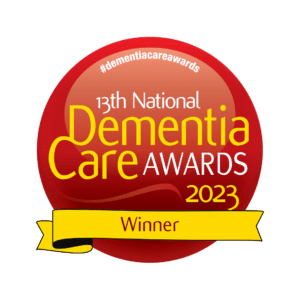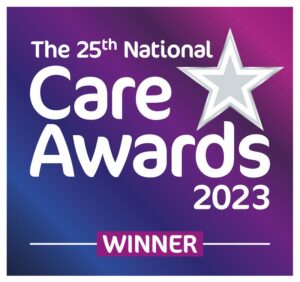The Mental Capacity Act of 2005 and Deprivation of Liberty Safeguards (DoLS) are both ‘hot’ topics within the care sector at the moment. However, not everyone understands the content of the Act or the implication of lost capacity.
Julie Rayner, Care Quality, Governance and Compliance Director at Hallmark Care Homes, has put together this guide to help those looking for residential care make sense of what can be confusing terminology.
What is the Mental Capacity Act?
The Mental Capacity Act 2005 states that if a resident has capacity, they should be consenting to their own care and treatment. Care homes must do all they can to support residents to provide consent for themselves.
What is DoLS and who does Deprivation of Liberty Safeguards apply to?
If a resident does not have capacity to agree to their admission into the care home; Deprivation of Liberty Safeguards are requested by the care home and authorised by the Local Authority ensuring that the least restrictive practice is being applied.
How do you define capacity to make a decision?
A resident could have the capacity to make some decisions, but not others. This means that consideration of whether a resident has the capacity to provide consent, or make a decision, has to be made for each aspect of their care and treatment.
What happens if a resident doesn’t have capacity?
If a resident doesn’t have capacity, only someone with a valid Lasting Power of Attorney for Health and Welfare can make a decision on the person’s behalf in respect of their care, treatment or place of residency. If this is not the case, a decision will be made in the resident’s best interest and must include relevant members of the multi-disciplinary team and people close to the resident who will know their wishes in respect of the decision(s) being made.
What happens if I have Power of Attorney?
There are two types of Lasting Power of Attorney, one for Health and Welfare and a separate one for Property and Finance. Only if you hold an LPA for Health and Welfare can you make decisions in respect of the person’s health, care, welfare and living arrangements. LPA for Property and Finance is only in respect of property and finance and an Enduring Power of Attorney is only in respect of finances.
How long does a standard DoLS authorisation process take?
The managing authority will complete a form requesting authorisation and this will be sent to the supervisory body who will make a decision within 21 days.
What if I need more information?
Each member of the Hallmark team has been provided with Mental Capacity Act and Deprivation of Liberty Safeguards training and members of the senior team will be able to answer any specific questions you may have.











